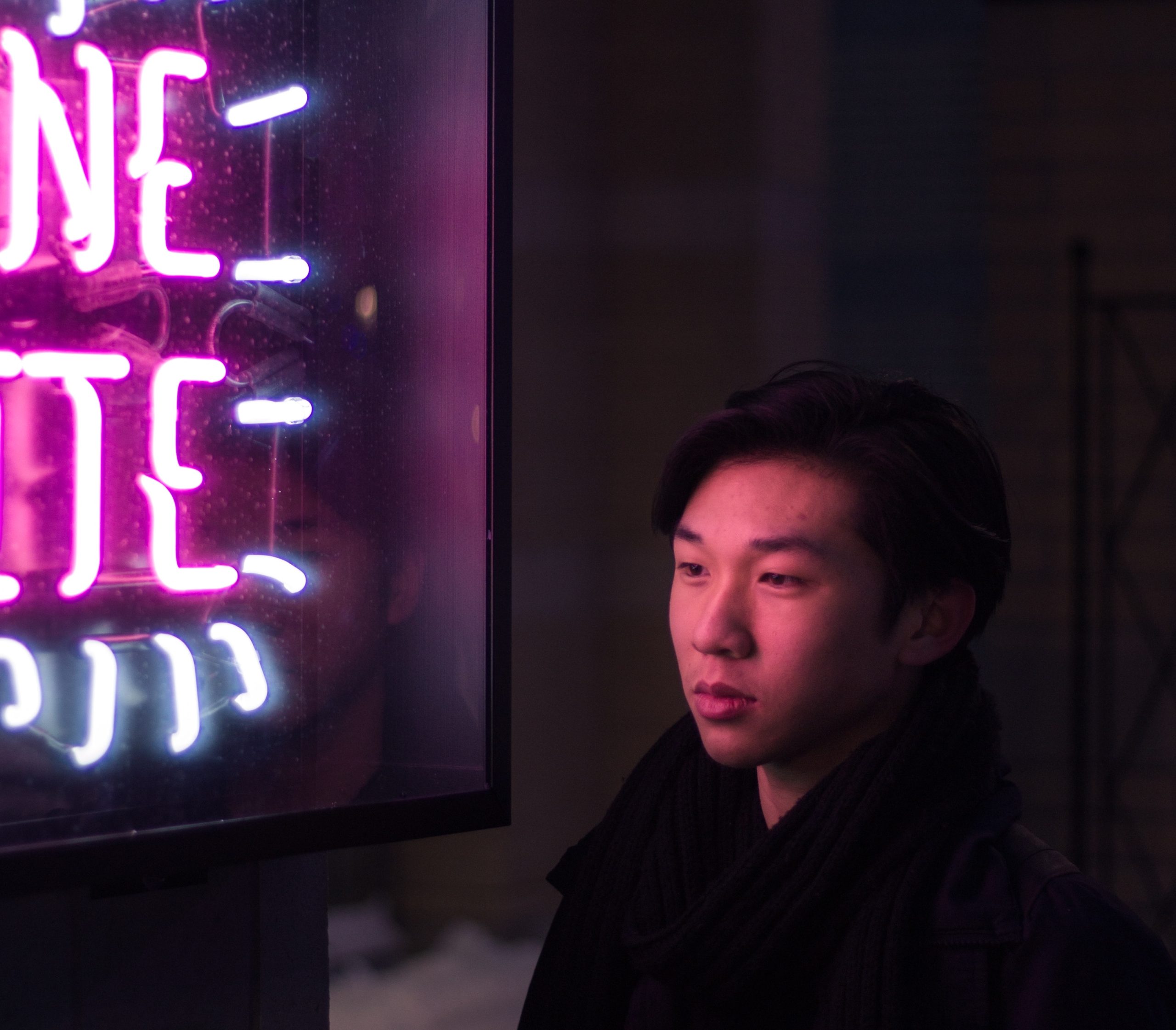Reading Lists
9 Books About Asian American Women Exploring Identity and Sexuality
Stories that break free from societal expectations of how we should be and act

Even with recent superhero blockbusters, Asian Americans in modern media are often presented as traumatized restaurant children with angry parents or as nerds who finally made it into Harvard or Stanford. All these books by Asian American women move away from traditional narratives into stories about unique individual experiences that celebrate and interrogate womanhood, identity, and sexuality while breaking free from societal expectations of how we should be and act.
American Woman by Susan Choi
American Woman is a fictionalization of the true kidnapping of Patty Hearst, granddaughter of a publishing magnate, by the Symbionese Liberation Army. Jenny Shimada, once a radical activist, has largely left the world of radical protesting behind until an old friend asks her to shelter and transport fugitives and their victim, Pauline, the fictionalized Patty Hearst. The novel focuses on the interactions between the group as they attempt to hide from the authorities and concludes with notes on how Asian Americans are perceived in the larger media and who really is the American woman.
A Thousand Years of Good Prayers by Yiyun Li
Each story joins both the pain and luxury of living across borders between China and America, and explores who we want to be versus who we end up being. Love in the Marketplace follows a woman years after her boyfriend left her for another. In the titular story, A Thousand Years of Good Prayers, a Chinese man visits his daughter in America shortly after her divorce and must come to terms with his own failed marriage. Yiyun Li paints the details in how expectations can fail reality and the ways we must come to terms with our values and ourselves.
Free Food for Millionaires by Min Jin Lee
Min Jin Lee’s debut, Free Food for Millionaires, focuses on hungry, social-climbing Casey Han and her journey to find herself instead of going to the prestigious Columbia Law School. Filial obligations and personal desires clash in this tight novel, especially in the backdrop of the upwardly mobile Korean American community in Queens. Min Jin Lee imbues each of her characters with an anger and a hunger; women do not fade into the backdrop as passive, well-educated beauties, but thrash with spite and longing.
Bliss Montage by Ling Ma
Bliss Montage highlights the apathy of daily life with the fantasy of the speculative. The first story, Los Angeles, originally published in Granta, follows a nameless woman who lives in a house with all her ex-boyfriends and comes to grips with the emotional and physical abuse by one of her exes. Peking Duck makes readers question what a story is and who owns a story, especially the story of an immigrant woman who may not have the means to voice her dissatisfactions in English. The women in these stories are imperfect and are often highly aware of their imperfections.
All This Could Be Different by Sarah Thankam Mathews
Sneha starts her corporate job in the Midwest and finds herself in a group of young people hoping to find love, meaning, and community in the midst of a recession in a society that values money and monotony. She develops a crush on Marina, a dancer from New Jersey, and deepens her friendship with Tig, another queer person of color, even as she admits that she is only attracted to thin, white women. The book is an honest portrayal of class dynamics and how we can build emotional intimacy despite the quiet chaos of modern life.
Pizza Girl by Jean Kyoung Frazier
An unnamed 18-year-old woman works as a pizza delivery girl in Los Angeles and forms an obsession with a stay-at-home mother who orders pizza with pickles. Combining slacker novels a la Jack Kerouc and Asian American Twitter culture a la Cathy Park Hong, Jean Kyuong Frazier upends the “model minority” myth and presents us a wildly sympathetic protagonist who we understand not because we hope to aspire to her accomplishments, but because we can see ourselves in her faults.
The Sorrow of Others by Ada Zhang
In her debut book, Ada Zhang makes readers question what it means to understand others and thus, to understand ourselves. In Propriety, a young woman loses her virginity after a breakup with her Chinese boyfriend to distance herself from her mother before college. In The Subject, an artist paints the elderly stranger she lives with in Flushing. These stories ask readers how identity, expectation, and loneliness influence our interactions and relationships with the people around us.
Roses, in the Mouth of a Lion by Bushra Rehman
Narrator Razia has grown up in the close-knit Pakistani American community in Corona, Queens. While the story is, at its core, a coming-of-age novel about queer desire, it also touches upon religion, patriarchy, and teenage rebellion. As Razia’s world expands, she struggles against her parents’ fears and questions her own expectations and desires.
Unaccustomed Earth by Jhumpa Lahiri
Jhumpa Lahiri’s second story collection focuses on Bengali immigrants to America and their children. In the titular story, a woman confronts similarities between her life and her late mother’s when her father returns from a trip in Europe. In Heaven-Hell, a woman remembers her mother’s love for her father’s graduate student. The title and the epigraph, from Nathaniel Hawthorne’s “The Custom-House,” represent both the unpreventable disasters of daily life and the changes we actively choose to implement.








